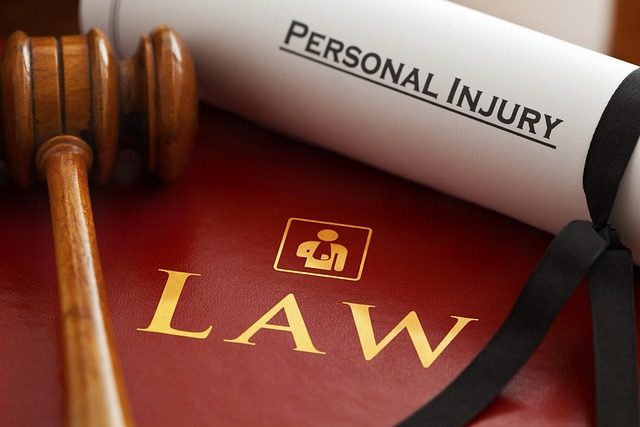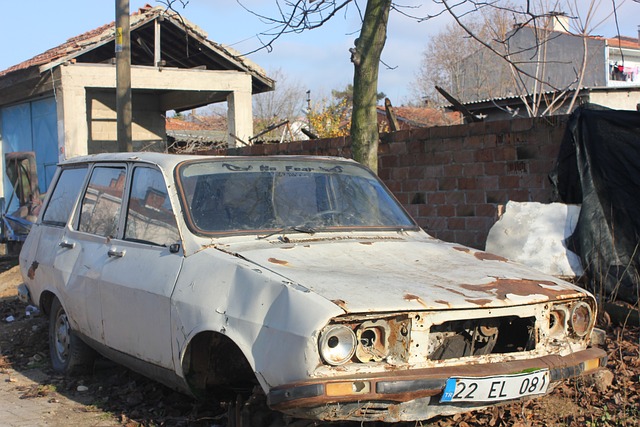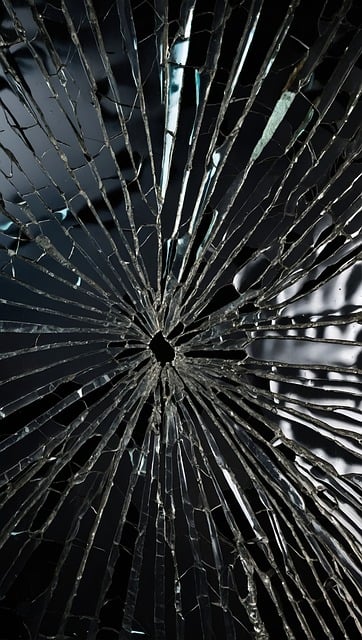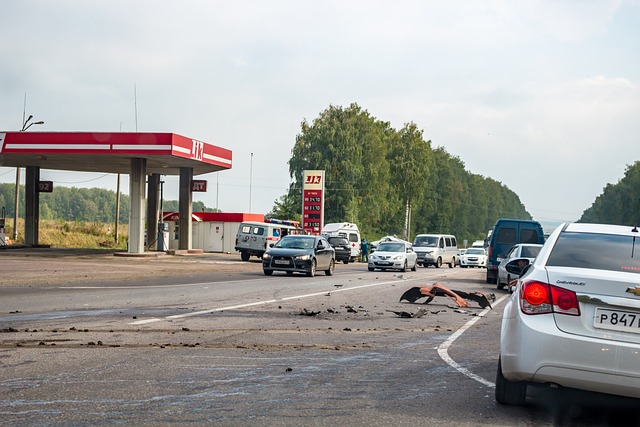In New York City, premises liability under brain and injury law NYC holds property owners accountable for maintaining safe spaces, preventing accidents leading to brain injuries. Legal experts interpret regulations, local laws, and court rulings to establish liability. Successful brain injury lawsuits set precedents, emphasizing accountability for unsafe environments, and shaping workplace safety standards.
In the bustling city of New York, navigating legal responsibilities regarding premises liability is crucial for both property owners and tenants. Understanding brain and injury law in NYC involves delving into complex regulations and precedents that shape compensation for harm caused on someone’s property. This article explores these intricacies, from the legal obligations of property owners to real-life case studies of successful brain and injury lawsuits within New York City’s courtroom.
- Understanding Premises Liability: A Deep Dive into Brain and Injury Law in NYC
- Navigating Legal Responsibilities: Property Owners' Obligations in NYC
- Case Studies: Successful Brain and Injury Lawsuits in New York City's Courtroom
Understanding Premises Liability: A Deep Dive into Brain and Injury Law in NYC

In New York City, premises liability refers to the legal responsibility of property owners and managers to ensure the safety of visitors and tenants. When a person sustains injuries due to hazardous conditions on someone else’s property, they may have grounds for a lawsuit under brain and injury law NYC. This area of law is crucial in addressing negligence and ensuring justice for victims.
Brain and injury law NYC encompasses a wide range of scenarios, from slip-and-fall accidents to more severe cases involving negligent security or maintenance. Understanding the nuances of premises liability is essential for both legal professionals and individuals who may one day find themselves in such situations. It involves navigating complex regulations, local laws, and previous court decisions to determine liability and secure fair compensation for injuries sustained on another’s premises.
Navigating Legal Responsibilities: Property Owners' Obligations in NYC

In New York City, property owners have a legal obligation to ensure their premises are safe for visitors. Brain and injury law NYC experts emphasize that this includes addressing potential hazards like slippery floors, uneven surfaces, or inadequate lighting. Failure to maintain a safe environment can lead to serious accidents, resulting in brain injuries and other damages.
Property owners must also implement reasonable security measures to protect against criminal activities on their premises. Regularly reviewing and updating safety protocols, conducting thorough background checks for employees, and installing appropriate surveillance systems are some of the ways to fulfill these obligations. Adhering to these standards is crucial to avoid legal repercussions and potential brain and injury lawsuits in NYC.
Case Studies: Successful Brain and Injury Lawsuits in New York City's Courtroom

In New York City, successful brain injury lawsuits have set significant precedents in premises liability cases. These cases often involve complex scenarios where property owners or managers fail to maintain safe environments, leading to severe and permanent cognitive damage for victims. For instance, a recent landmark case involved a young professional who slipped on a newly installed but poorly maintained floor at a trendy restaurant, resulting in a traumatic brain injury (TBI). The victim’s attorneys effectively argued that the establishment had been negligent in its upkeep, highlighting the potential risks posed by untended flooring. This resulted in a substantial settlement, demonstrating the impact and credibility of brain injury lawsuits in NYC’s legal landscape.
Another compelling case centered around a construction site accident where a worker suffered a severe TBI due to inadequate safety measures. The lawsuit against the general contractor and property owner revealed negligence in providing proper protective gear and training, leading to a verdict that set new standards for workplace safety regulations. These case studies not only highlight successful outcomes but also emphasize the importance of holding liable parties accountable for brain injuries resulting from premises-related incidents.
In conclusion, navigating premises liability in New York City requires a deep understanding of both legal responsibilities and case precedents. Property owners have a duty to ensure their premises are safe for visitors, and when this duty is breached, the consequences can be severe. Through examining real-life case studies involving brain injuries in NYC courts, it’s clear that victims have successful avenues to justice. If you or someone you know has suffered a brain injury on someone else’s property, seeking counsel from a premises liability lawyer in NYC is an essential step towards understanding your legal rights and options for compensation.
